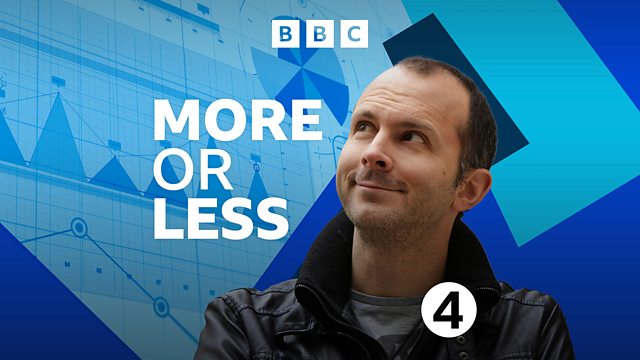Are 120,000 families responsible for a disproportionate share of society's ills?
Troubled families, nursing numbers and the mathematical consequences of unneutered cats. Investigating the numbers in the news with Tim Harford.
Troubled families
The government says it has identified 120,000 troubled families who are responsible for a disproportionate share of society's ills. It's set up a "Troubled Families Team" to deal with them. But in fact the government has counted extremely deprived families and then announced that it has counted extremely disruptive families instead.
Nursing numbers
This week government ministers have been arguing with the Royal College of Nursing about job losses in the NHS in England. It seems they've also been arguing between themselves. We unravel the numbers.
The mathematical consequences of unneutered cats
If one unneutered female cat was allowed to go about her business, how many cats would she and her descendants have created in two years? Would you believe that it was as many as 370,000, as a new advertising campaign claims? Neither would we.
Greek taxis. Again.
The former Greek finance minister has said he thinks the Greek rail system is so inefficient it would be cheaper to send each passenger by taxi. We examined his idea and found it was almost - but not quite - true. But many listeners sent us their thoughts about other ways of looking at the problem. So, this week, we revisit our calculations.
Preenter: Tim Harford
Producer: Richard Knight.
Last on
More episodes
Clip
-
![]()
The mathematical consequences of unneutered cats
Duration: 05:52
Broadcasts
- Fri 18 May 2012 16:30大象传媒 Radio 4 FM
- Sun 20 May 2012 20:00大象传媒 Radio 4
Just how reliable is our intuition? Find out with The Open University
OU Connect: Put your brain to the test with our new mind-bending probability problems!




